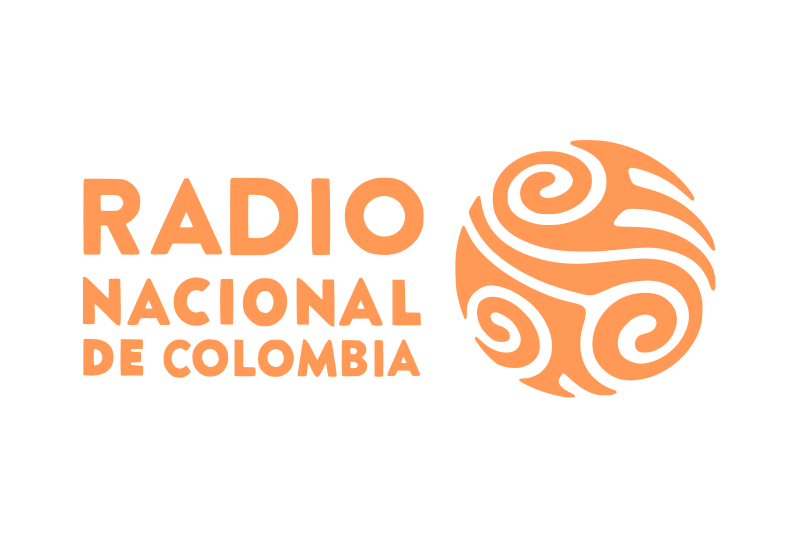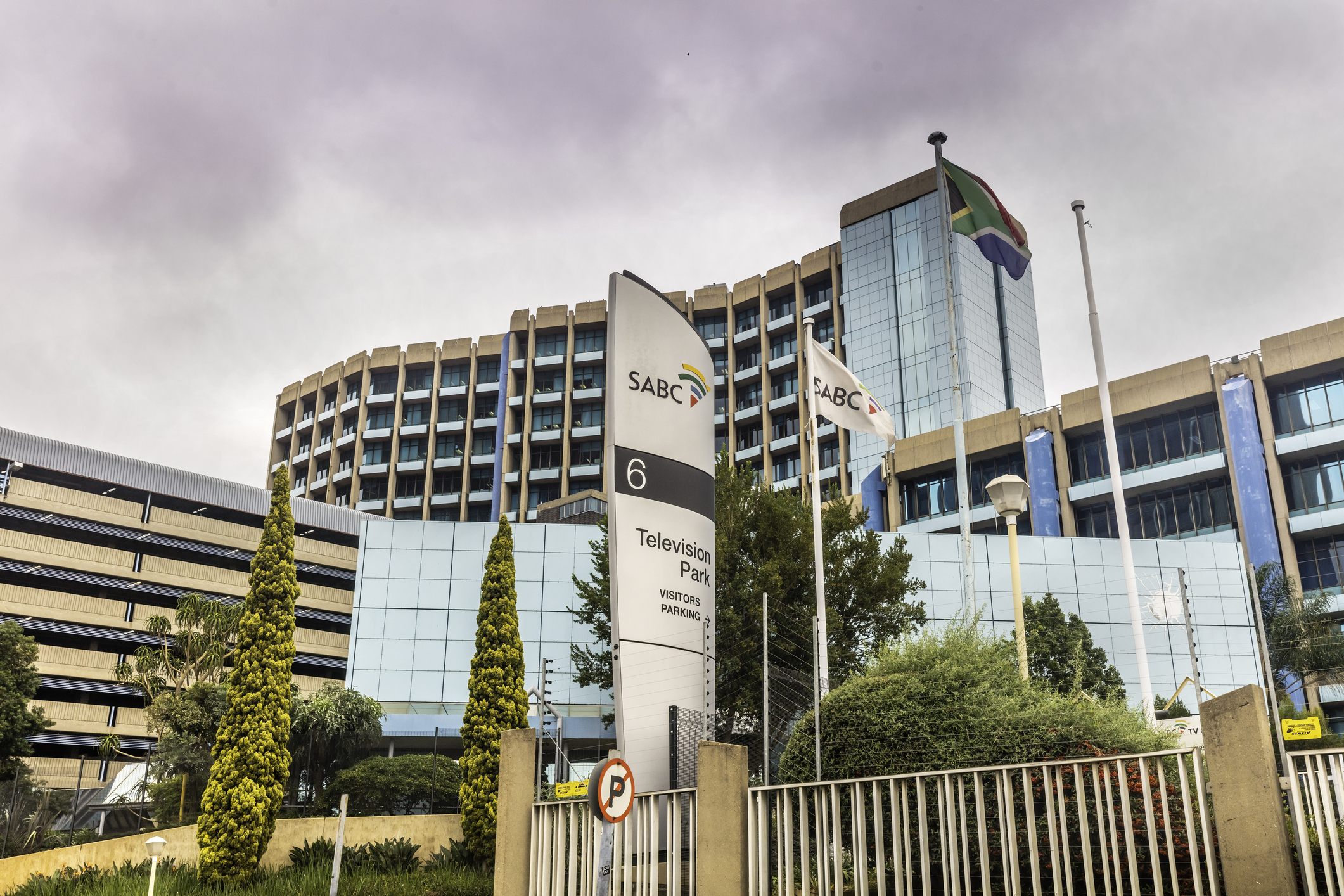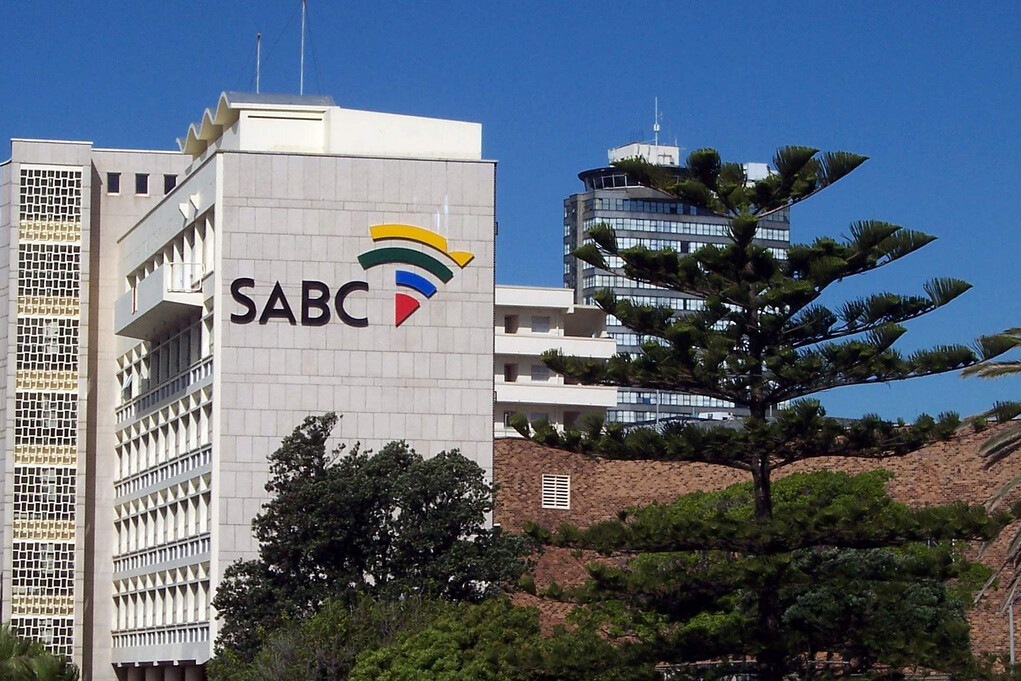INSIGHT
Radio’s contribution towards a peaceful transition in South Africa
13 February 2023
“The history of the SABC is therefore also the history of South Africa’s unique transformation,” writes Wynand Harmse, the former SABC CEO from 1988 to 1994, analysing the unique role SABC – and particularly its radio services – played during the peaceful transition at the end of the Apartheid era.
By Wynand Harmse, former SABC CEO from April 1988 to September 1994
At the turn of the Century, the BBC Director-General Sir Michael Checkland made the statement, “When the history of the 20th century comes to be written I suspect broadcasting will be seen to permeate it like no other invention.”
The overwhelming impact of broadcasting on the day-to-day lives of citizens and society in general was even more true in the case of South Africa with its extraordinary high level of illiteracy, especially amongst the Black population. Furthermore, South Africa’s variety of races, cultural groups and languages has put ‘radio’ – with its access to all in everybody’s own language – in the lead, by far, as the most effective medium of mass communication: be it to educate, to enrich knowledge, to inform and report on events, to give background and context, or, naturally, to entertain.
Read more: SABC indigenous language news channel to be launched
The SABC’s radio services played a strong and positive role in all of these, but historically, are mainly remembered for buttressing the National Party’s ideology and policy of separate development of races: separate states as well as separate living and development in all spheres of life – the full package referred to as ‘apartheid’. From about 1985 onwards however, SABC’s tune started to change, and ‘radio’ became an integral part of an essential shift in political mindset in South Africa.
Radio’s contribution towards a peaceful transition should be viewed against the background of its unique and central positioning as a mass communication medium in South Africa.
Following the introduction of a disastrous tri-cameral parliamentary system involving Whites, Indians and Coloureds but excluding the majority Black population – pressure from all quarters intensified. A foundation for a new political direction had to be laid, starting with the softening and even repeal of certain apartheid laws as well as a growing realization that negotiations – with possible power-sharing in mind – were inevitable. This ‘run-up’ to a new but uncertain political dispensation had to be managed sensitively in an environment where apartheid-thinking amongst Whites and White-superiority was exploited by the newly established and fast-growing Conservative Party.
Radio’s contribution towards a peaceful transition should be viewed against the background of its unique and central positioning as a mass communication medium in South Africa.
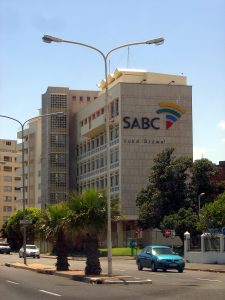
Superiority and separate development was deeply ingrained within the minds and hearts of White South Africans and a belief that governance would remain in their hands, buttressed by strong and effective security forces. They formed the one “half” of the SABC’s listeners/viewers who had to be ‘challenged’ on grounds of gross injustice of the past and harsh realities. At the same time, the steadily escalating resistance and violent backlash by the Black majority and enlightened Whites – the other “half” of the SABC’s audience – was slowly but surely developing into a seething political cauldron. A tsunami was on its way. The ever-increasing turmoil and violence emanating from different Black “struggle” groups had to be restrained by fostering hope, promises by politicians, other indicators of reform (whatever it meant at the time), highlighting negatives of continued conflict, and promoting calm during this run-up phase.
The SABC was the main medium to provide the spadework required in the creation of a climate within which peace-negotiations could occur.
Listen toour podcast
Uncovering and exploring the biggest
issues facing public media
The next big step in this revolution of political thinking was taken by the new president, FW de Klerk: the release of Nelson Mandela which was covered by the SABC and distributed world-wide. Then followed the unbanning of political parties and the return of exiles. It was the SABC that first introduced Black leaders, previously in exile or in jail, to their fellow South Africans. (For millions of Black people, their heroes existed in name only. To suddenly see them as ‘real’ and to hear their voices and what they had to say was an overwhelming experience. Reflecting on significant moments and momentous events during the first 60 years of broadcasting in SA, this experience must surely take first place.)
For the South African media, the period between Pres de Klerk’s historic announcement in Parliament on 2 February 1990 and the Election of 27 April 1994 was probably the most interesting and exciting but also the most sensitive and difficult period ever. Interpretation and contextualization were extremely complex, especially for the SABC because of its diverse audience (different groups with radically different views of the future compared to the printed media which each had a fairly homogeneous readership profile).
Violence by supporters of the variety of stakeholders and even hectic conflict between different factions of the same race added further elements to a complex equation the media had to interpret and unravel. This resulted in severe pressure exerted on the SABC to give preference to the different conflicting opinions and incidents, inevitably eliciting much criticism from all quarters. The SABC was outspoken about its support of a peaceful negotiated solution for the country. However, relations between NP-government and SABC gradually soured: the SABC could not be anybody’s ally.
The ANC and other parties participating in the Codesa process – the official platform created for the negotiation process – would not agree on an election date until the SABC was guided and controlled by a newly constituted, negotiated Board — replacing the NP-appointed Board of 1990 (as before). This prerequisite underlined the importance of the SABC as the most influential communication medium in SA. Once having a new Board in place, an election date was finalised.
Voter-training was an essential priority. The SABC was deemed to be the most effective channel in terms of efficiency, access, and cost. It could therefore claim a special place in the preparation of millions of South Africans to exercise their voting preference and to make their first cross (or mark) on a ballot paper.
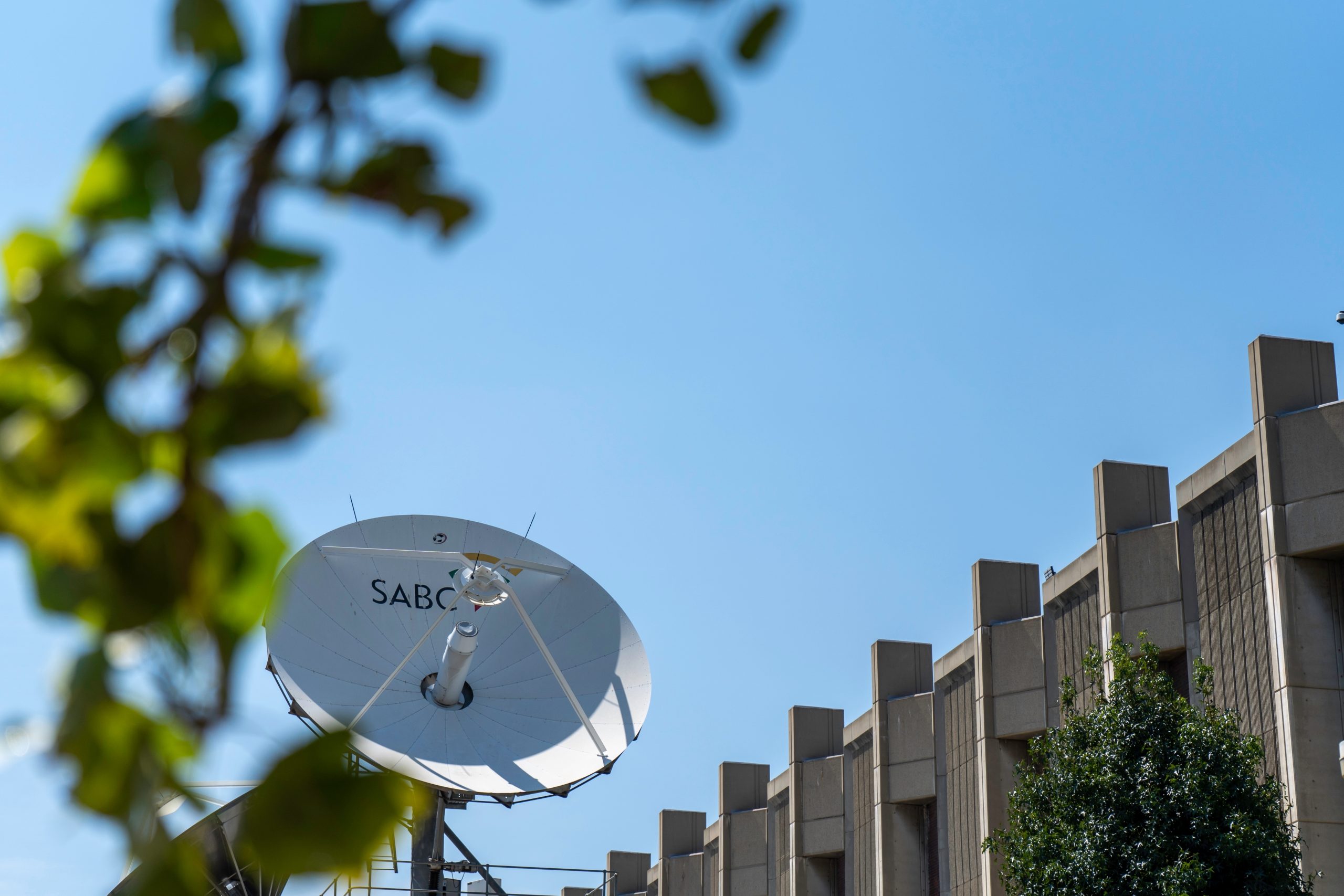
The training process was undertaken in collaboration with a variety of experts and organisations. It covered inter alia voting procedures, control processes and measures, confidentiality, vote counting and security, etc. These necessitated talks by experts on subjects such as the legal system, media, the Parliamentary system, applicable laws, state finance including sources of revenue, the national budget, functions and powers of national government, regional government and local authorities, etc. The SABC was an indispensable link in the election chain. Covering the election including all the controls instituted as well as providing facilities to almost 400 foreign journalists is a tall (and proud) story of its own.
For millions of Black people, their heroes existed in name only. To suddenly see them as ‘real’ and to hear their voices and what they had to say was an overwhelming experience. Reflecting on significant moments and momentous events during the first 60 years of broadcasting in SA, this experience must surely take first place.
The SABC received praise from broadcasters and influential quarters — locally and abroad — both for the coverage in SA as well as the services provided to international journalists. Officially described as the “most important and biggest broadcasting event in the world in 1994”, South Africa/SABC succeeded – contrary to many expectations – to conduct an extremely successful election.
The Democratic Election of 1994 is a unique event in the history of our country and was generally regarded as a “miracle”. The SABC, in particular its radio services which communicated in people’s own languages, should be proud to have played no small part in helping to achieve, reflect and transmit this miracle to South Africans and the world — an invaluable legacy. It brought hope to millions in so many respects.
The history of the SABC is therefore also the history of South Africa’s unique transformation.
The future? Precious values have been spilled. Racism, corruption and violence and a lack of knowledge of critical socio-economic elements need to be addressed on mass scale. The SABC can once more play a significant role in achieving such ideals — commensurate with the motivation and goals of a public broadcasting service. We need a change of heart – akin to a revolution. Radio, much less costly than television, is the appropriate medium as it has access to all people in their home languages.
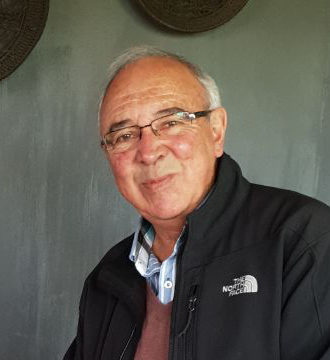
About the author
Wynand Harmse was the former SABC CEO from April 1988 to September 1994.
Disclaimer: All views expressed in this article are the authors own and do not necessarily reflect the views of the Public Media Alliance.
Featured image: Screenshot from video report, ‘Celebrating 25 years of Democracy: 14 April 1994’. Credit: SABC News
Related Posts
24th January 2023
SABC indigenous language news channel to be launched
SABC plans to improve news provision…
8th March 2022
Colombia’s local radio stations working for peace
In Colombia, local radio stations are…
26th August 2020
Insight | SABC has cut its losses and is ahead on a turnaround plan
Work over the past nine months has laid…
27th April 2020
SABC: Informing, educating and entertaining the South African public at a time of crisis
South Africa’s national public…

